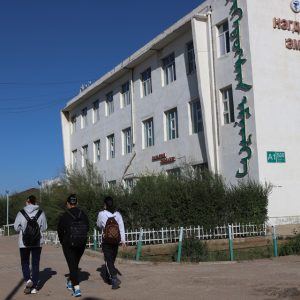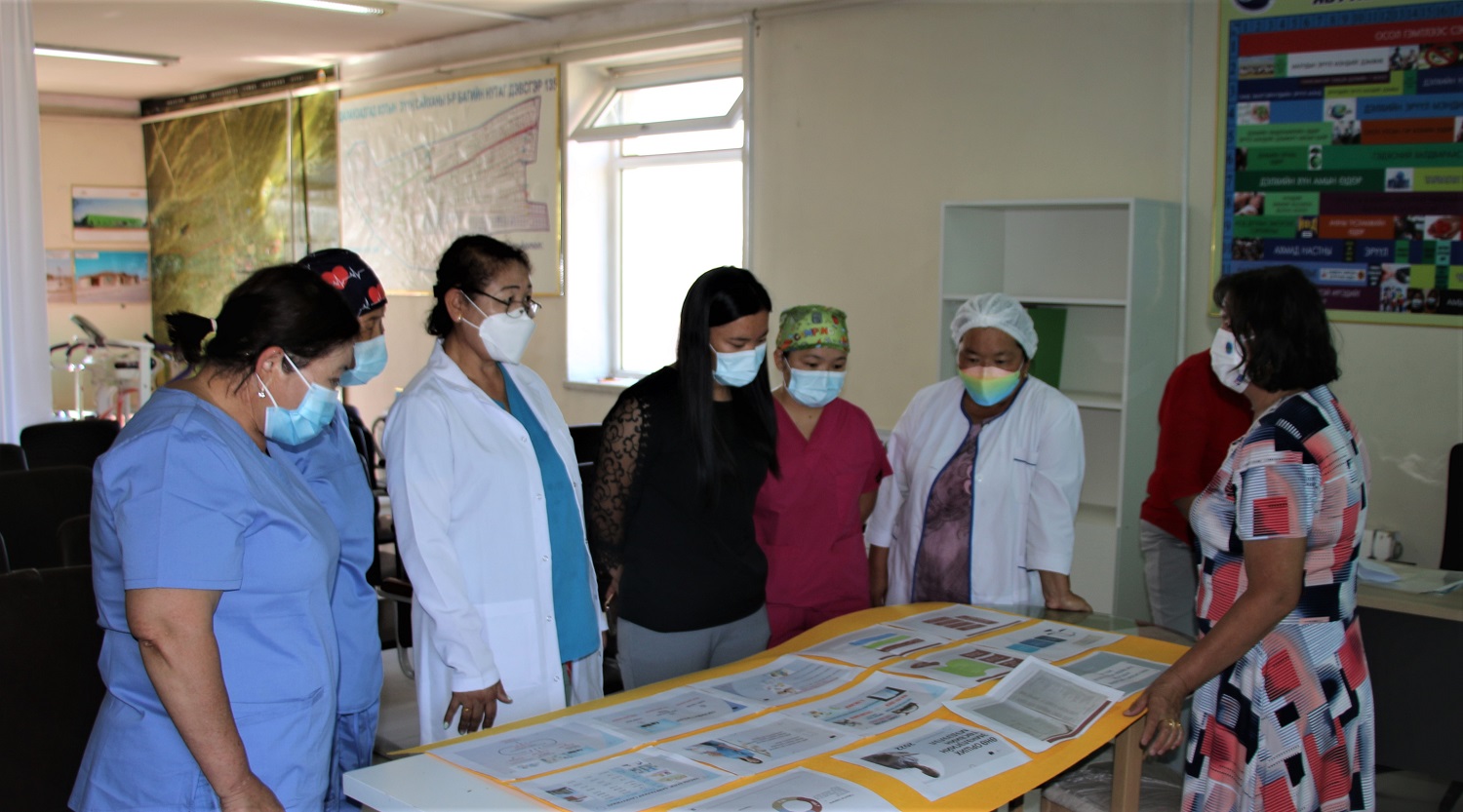Mainstreaming Social Accountability for Improved Transparency and Participation in Mongolia (MASAM – II) project (2020-2023)

The second phase of “Mainstreaming Social Accountability for Improved Transparency and Participation in Mongolia (MASAM)” has been implemented by the World Bank with funding from the Swiss Agency for Development and Cooperation, and the Global Partnership for Social Accountability. The Save the Children Japan, Mongolia, World Vision Mongolia and Globe International Centre worked as implementing partners for the project.
To maintain the successful results of the previous MASAM project to strengthen social accountability, it was necessary to monitor budgetary investment in health services to ensure effective spending both at the national and local levels. The project Mainstreaming Social Accountability for Improved Transparency and Participation in Mongolia, implemented 2016-2022 and funded by World Bank, Swiss Agency for Development and the Global Partnership for Social Accountability, was aimed at increasing the capacity of CSOs to play a key role in demanding accountability from the state. The project demonstrated that local public services could be improved by CSOs employing social accountability tools and mechanisms. Building on the capacities developed during the earlier phase, the second stage of the project supported the complex activities of connecting the development of public policy with local budget allocation and monitoring the quality of public services. By strengthening social accountability throughout the country, the project contributed to increasing positive outcomes in public investment in services through effective and appropriate spending of public funds in the health sector.
The project introduced social accountability tools which led to increased engagement of citizens and CSOs which demonstrated to them that they could influence public financial planning and budgeting processes and that citizen participation could lead to improvements in the quality of and accessibility to government services.
During the second phase of the project, we carried out activities to build the capacities of local citizens and CSOs through introducing legal frameworks and rights of citizens to participate in national and local budget planning, allocation and execution, providing training on meaningful participation by citizens in the processes of independent budget monitoring, and raising awareness of the various means of participation available to citizens.
Also, we conducted activities to promote citizens’ participation, encourage citizens and CSOs to be united and work as a team in the state budgeting process, and to become aware of the significance of open, collaborative, and friendly dialogue with government organizations to come up with joint solutions.


